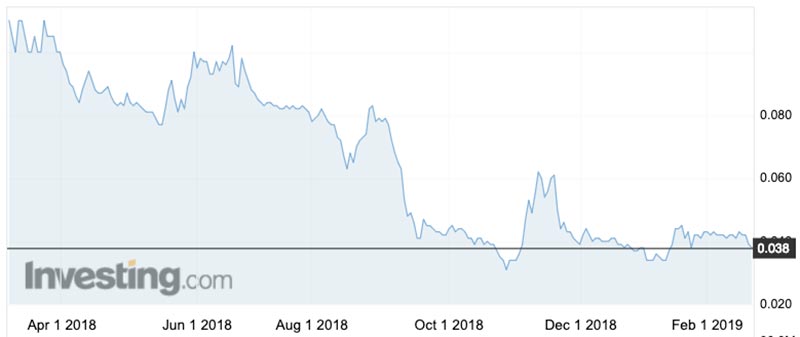SK share snub “doesn’t affect” offtake or financing, Australian Mines says

Pic: Schroptschop / E+ via Getty Images
Korean battery manufacturer SK Innovation won’t be taking up an expensive share option worth about $80 million in Australian Mines, but boss Benjamin Bell insists that today’s news has no impact on advanced offtake or financing discussions.
Under the offtake term sheet, SK Innovation will still buy 100 per cent of the battery-grade cobalt sulphate and nickel sulphate produced from Sconi for an initial seven-year period, with an option to extend the agreement for a further six years, the company says.
Australian Mines wants to finalise this very detailed long form offtake agreement in the current quarter.
The company also plans to have the entire project funding package in place during the second quarter.
“We [will be] 90 per cent of their [SK] production, so they are making sure that we can deliver,” Mr Bell told Stockhead.
“For them it’s about covering all scenarios; we are trying to do the same, because we have $1 billion of debt that we need to service.”

What’s a long form offtake agreement?
Both are binding, but the difference between the long form offtake agreement and the binding term sheet is the amount of detail, Mr Bell says.
“At the end of the day it doesn’t affect the terms that have already been set. That doesn’t change,” he says.
Everything in the term sheet stays in the long form agreement – which is basically SK and Australian Mines attempting to nut out every single contingency for the next 13 years.
“If we fail to meet production targets, for example – what happens there? What happens if we produce too much product?” Mr Bell says.
“How do we accommodate those sorts of things [in the agreement]?”
It also deals with the mechanisms used to set offtake prices, including choosing the independent company that will determine the premium Australian Mines gets paid for its sulphate product.
“Even if ‘there’s a 1 per cent chance of ‘x’ happening, we are still going to cover that in the long form agreement,” Mr Bell says.
“It’s about putting mechanisms in place to deal with dispute resolution.”
- Subscribe to our daily newsletter
- Bookmark this link for small cap news
- Join our small cap Facebook group
- Follow us on Facebook or Twitter
UNLOCK INSIGHTS
Discover the untold stories of emerging ASX stocks.
Daily news and expert analysis, it's free to subscribe.
By proceeding, you confirm you understand that we handle personal information in accordance with our Privacy Policy.








